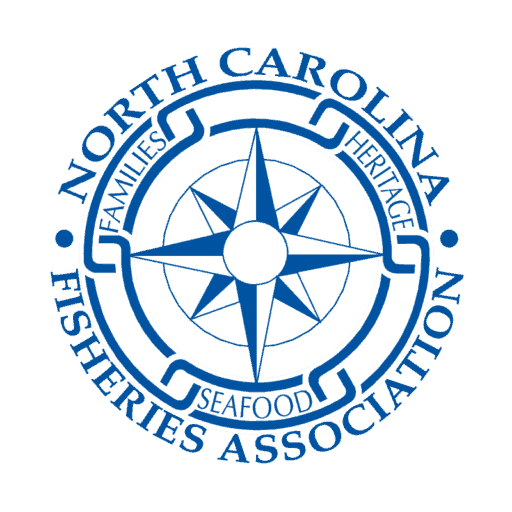LEGISLATIVE UPDATE:
FEDERAL LEGISLATION PROPOSED:
From the press release:
WASHINGTON— Legislation to end the federal offshore oil-leasing program and pursue other oceans-related solutions to the climate change crisis was introduced today by House Natural Resources Committee Chair Raúl Grijalva.
The Ocean-Based Climate Solutions Act of 2020 also seeks to restore coastal ecosystems, strengthen marine mammal conservation, reduce carbon emissions from shipping vessels, improve international ocean governance, and protect 30% of ocean habitats by 2030.
“Protecting our oceans helps protect our climate, as this important legislation recognizes. As sea-level rises we have to end offshore oil drilling and help our coastal communities’ transition to the resilient, clean energy economy we all need,” said Miyoko Sakashita, oceans program director at the Center for Biological Diversity. “This bill also aims to protect marine mammals from ship strikes, noise pollution, and climate change. U.S. leadership can help unite the global community to solve these existential threats to the lives that depends on our ocean, including our own.”
The bill would create new policies around what it calls the “blue carbon” ecosystems that help sequester our greenhouse gas emissions. That includes protecting salt marshes, sea grasses and mangroves that pull carbon dioxide out of the atmosphere, as well as protecting ocean habitats for the recovery of whales, which store tons of carbon.
The bill, which is co-sponsored by leaders of multiple relevant House committees, was also applauded by other advocacy organizations, including the Center for American Progress, Earthjustice, Environment America, Greenpeace USA, League of Conservation Voters, National Ocean Protection Coalition, National Resources Defense Council (NRDC), Ocean Conservancy, Surfrider Foundation, and Urban Ocean Lab.
Fact sheet can be found here: https://docs.google.com/document/d/14RcP2DdZZoTCQjDKcmwc5nmiYDz-tXdYy72eI8HmOZo/edit
To view the one hour press conference, click here: https://www.facebook.com/NRDems/videos/730669721130757/
The bill text can be found here:
https://naturalresources.house.gov/imo/media/doc/OCSA20_001_xml.pdf
My view: I have not read the 300+ page bill yet, but others involved in commercial fishing have. In short, this would be a nightmare for the domestic commercial fishing industry. Elections have consequences!
God bless, Jerry
FOR IMMEDIATE RELEASE, OCTOBER 22, 2020
PRESS CONTACT, TINA BERGER, 703.842.0740
ASMFC South Atlantic Board Approves Atlantic Cobia Addendum I
The Atlantic States Marine Fisheries Commission’s South Atlantic States/Federal Fisheries Management Board approved Addendum I to Amendment 1 to the Interstate Fishery Management Plan for Atlantic Migratory Group Cobia. The Addendum modifies: (1) the allocation of the resource between the commercial and recreational sectors, (2) the methodology to calculate the commercial trigger for in-season closures; and (3) and commercial and recreational de minimis measures.
The Addendum changes the allocation of the resource between the recreational and commercial fisheries from 92% and 8% respectively to and 96% and 4% respectively. The change was primarily based on new recreational catch estimates that resulted from changes in survey methodology by the Marine Recreational Information Program. The new catch estimates were, on average, about two times higher than previously estimated, impacting the allocation between the two sectors. In considering the new allocation percentages, the Board took into account the increase in the recreational catch and the harvest levels of the commercial fishery in recent years. The new commercial allocation allows the fishery to operate at its current level with some room for landings to increase as the stock range expands further north.
The Addendum also modifies the calculation of the commercial trigger, which determines when an in-season coastwide commercial closure occurs. The approved trigger is set up to provide states with enough time to close the fishery via their administrative processes without exceeding the quota.
Changes to de minimis measures, which are applied to states with relatively small commercial or recreational harvest, include adjusting the commercial allocation set aside and recreational regulations. For de minimis measures, the Addendum establishes a commercial de minimis set aside of 4% of the commercial quota with a maximum cap of 5,000 pounds to account for potential landings in de minimis states not tracked in-season against the quota. States that are de minimis for their recreational fisheries may choose to match the recreational management measures implemented by an adjacent non-de minimis state (or the nearest non-de minimis state if none are adjacent), or limit its recreational fishery to 1 fish per vessel per trip with a minimum size of 33 inches fork length (or an equivalent total length of 37 inches).
States are required to implement the new measures by January 1, 2021. For more information, please contact Savannah Lewis, Fishery Management Plan Coordinator, at slewis@asmfc.org or 703.842.0740.
PR20-24
The press release can also be found at http://www.asmfc.org/uploads/file/5f91c228pr24CobiaAddendumI_Approval.pdf

